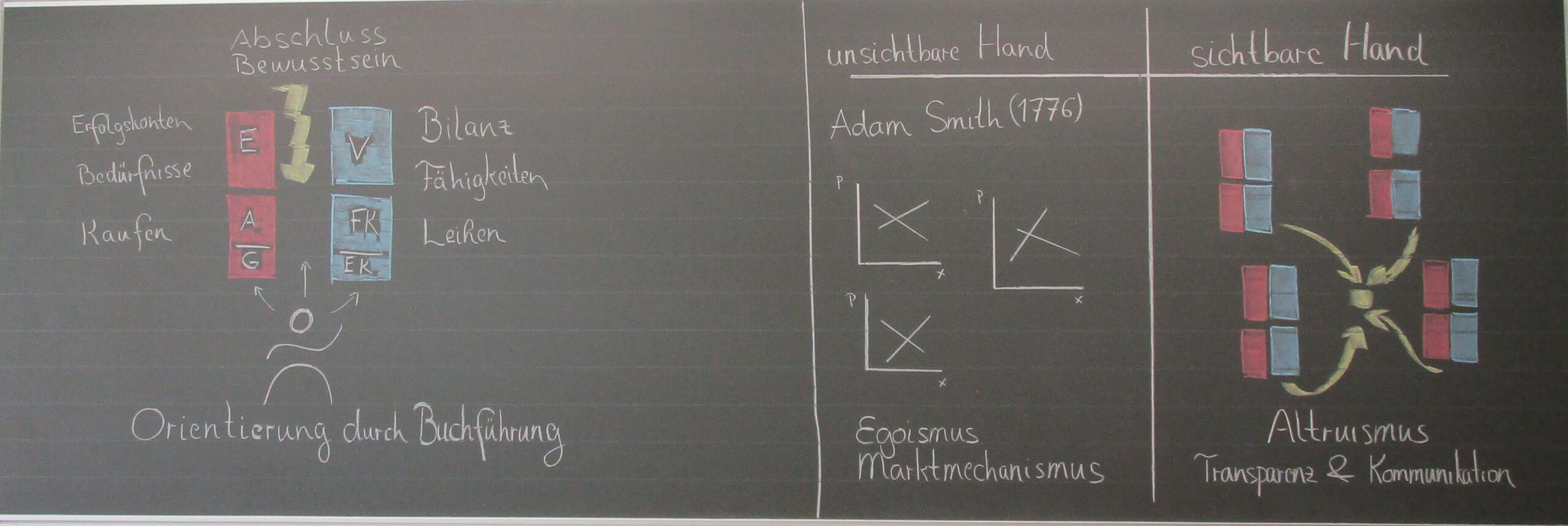Associative Financial Literacy
Accompanying the journey of life
Associative Financial Literacy
In today’s rapidly changing world, people need to be financially literate if they are to tread their own paths in life and avoid being victims of their circumstances. Young people, especially, need to be the authors of their own future!
That said, ‘financial literacy’ is variously understood today. For the OECD, for example, it means educating people from childhood onwards about savings and how to use (and so perpetuate) the current financial system. For others it is about accounting, with accounting literacy ‘above’ finance. Grounded on double-entry bookkeeping, here it is about understanding financial literacy from the point of view of associative economics, formal elaboration and discussion of which can be found at Economics Conference / Financial Literacy.
Derived primarily from the contributions of in-post teachers (see Worldwide Faculty), the aim of this website is to highlight and explore an approach to financial literacy based on the following three topics:
1. The History of Money and Bookkeeping
2. Accounting and Financial Planning
3. Careful Choice of Entity
Let’s explore…
History of Money and Bookkeeping
Understanding the history of money and bookkeeping allows you to see what money really is (or ought to be) today: A means of perceiving and organising economic life together with others on an associative basis.
Accounting and Financial Planning
If you want to master your own finances you need to know about accounting and financial planning. Just as seafarers need charts and a compass to avoid getting lost at sea, so these two instruments allow you to map and follow your own course in life.
Economics Conference of the Goetheanum
This website is the responsibility of Fionn Meier, Switzerland, a colleague within the Economics Conference of the Goetheanum. Although the language is currently English, this is a worldwide website. Accordingly, postings are made in a range of languages.



